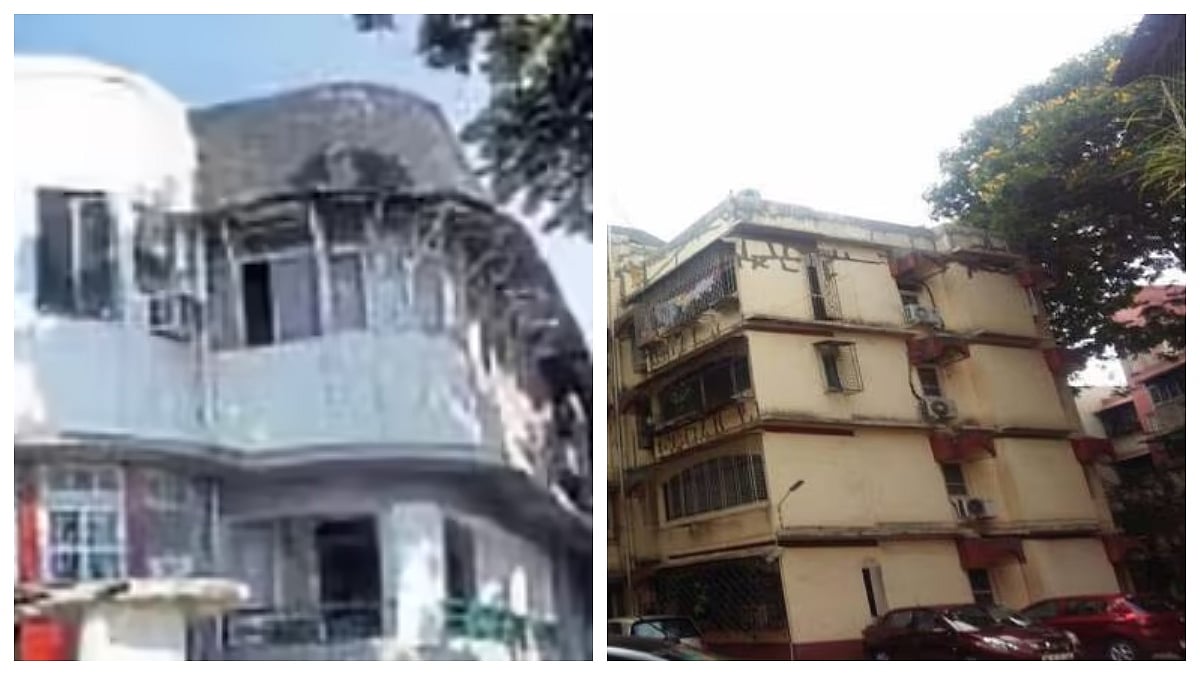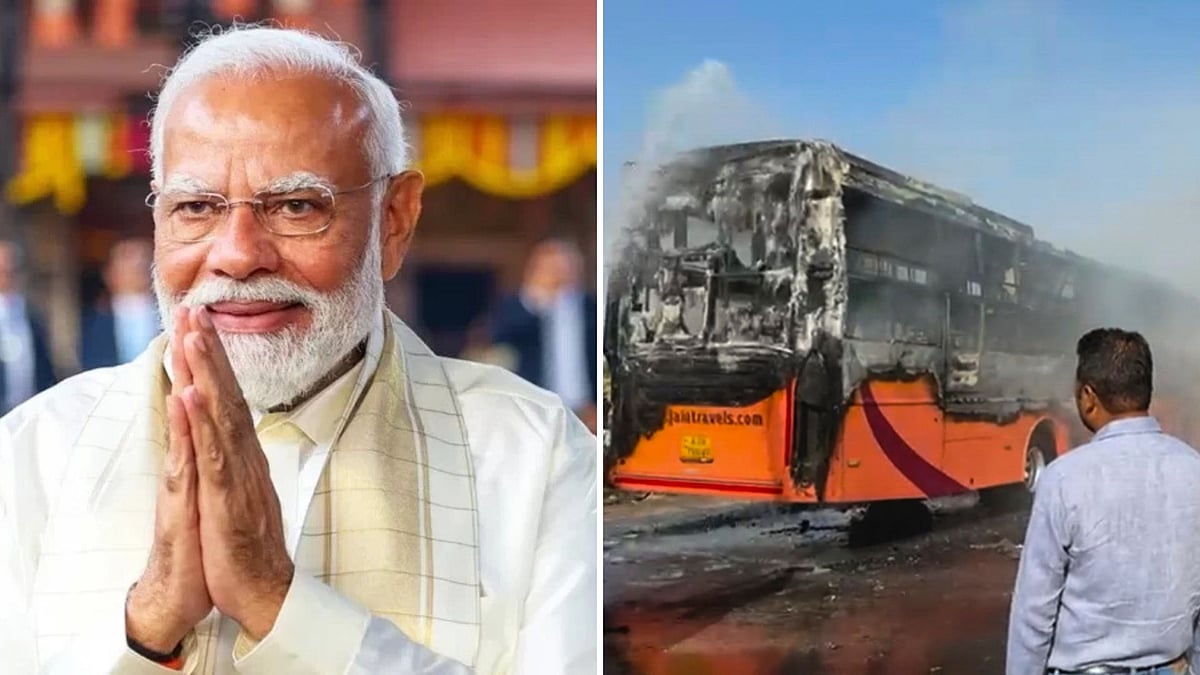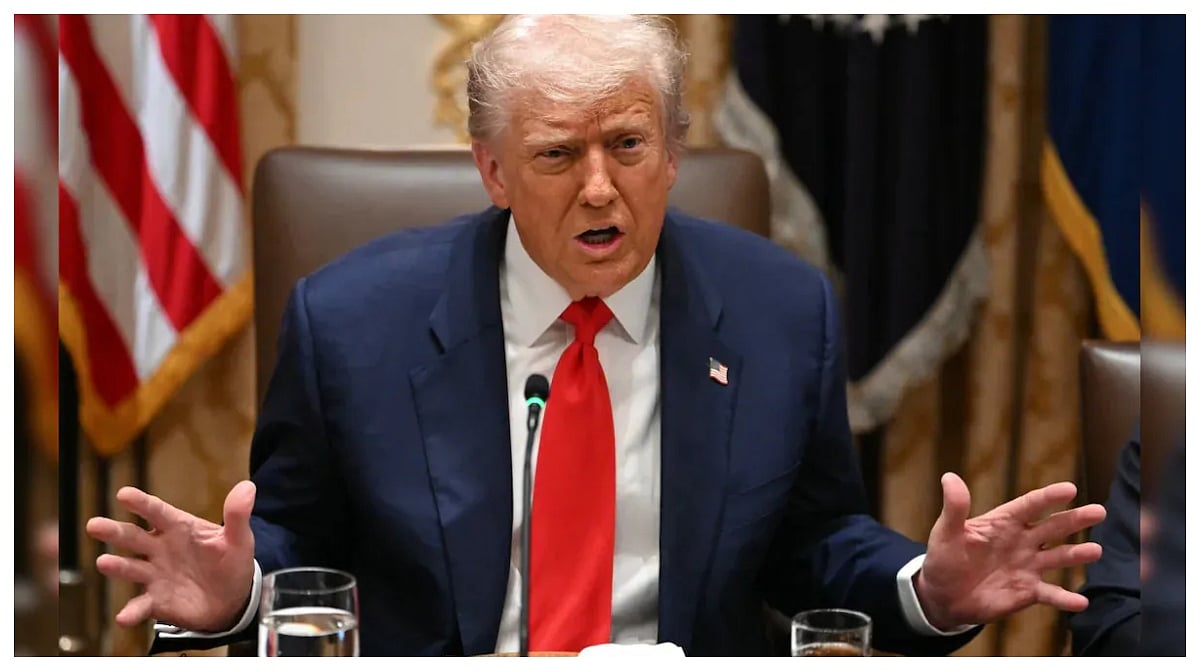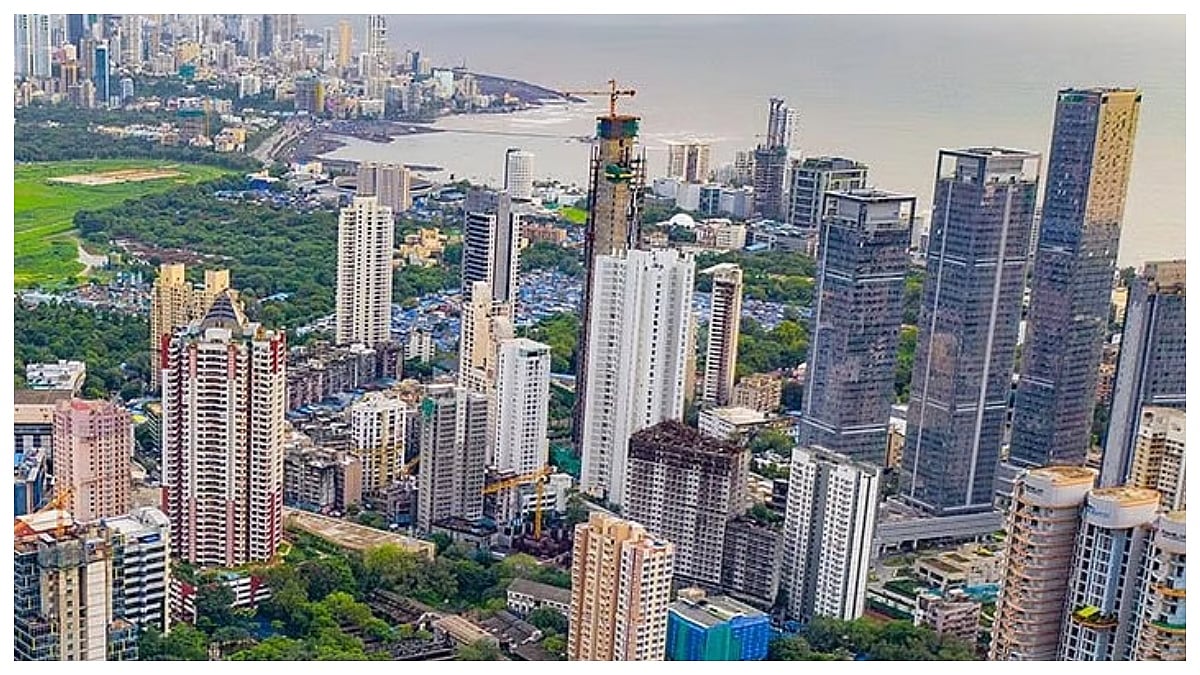Mumbai: The Indian government is moving forward with plans to publicly auction over 462 properties classified as ‘Enemy Property’ in Mumbai and several districts across Maharashtra. These properties have been under government control for decades and include old bungalows, cinema halls, chawls, and flats located in prime urban areas. The auction will not only generate revenue but also resolve long-standing legal and administrative disputes surrounding these assets.
Where Are These Properties Located?
Most of the 462 identified properties are situated in key parts of Mumbai and surrounding districts. There are:
- 181 in Mumbai Suburban
- 78 in South Mumbai
- 90 in Thane
- 77 in Palghar
- A few in Jalgaon, Ratnagiri, and Chhatrapati Sambhajinagar
Notable properties include Diana Talkies building in Tardeo, Bori Chawl House, Colaba buildings, Moti Cinema, and Kale Khan Chawl in Kandivali. Many of these properties have cultural or architectural value and have remained underutilised for decades.
How Is the Government Preparing for the Auction?
The Custodian of Enemy Property for India (CEPI) along with the Maharashtra state government is finalizing legal records, tenancy details, and encroachment issues for each property. Officials say the documentation process is nearly complete. Soon, district collectors will publish property lists on their official websites, aiming for a transparent and smooth auction process. The government is also working to remove encroachments and settle occupancy rights before the sale.

What Exactly Is Enemy Property?
Enemy Property refers to assets left in India by citizens of Pakistan or China who migrated during the 1947 Partition or the 1965 and 1971 India-Pakistan wars. After these events, the Indian government seized such assets under the Enemy Property Act of 1968, which placed them under the control of a government-appointed custodian.
These properties cannot be sold, inherited, or transferred by private individuals. They have remained under state protection for decades, legally off-limits for public use or private claims.
What Changed After the 2017 Amendment?
In 2017, a significant amendment to the Enemy Property Act clarified that even if the original owner or their heirs become Indian citizens, they still cannot claim ownership of the property. Additionally, courts were barred from hearing any legal disputes** related to these properties.
The amendment also allowed the government to sell these assets and keep the revenue, opening the door for their public auction — a process that is now picking up pace in Mumbai.
If you're interested in buying one of these historic yet controversial properties, you might soon get the chance — but with complex legal history behind each one, transparency and due diligence will be key.











